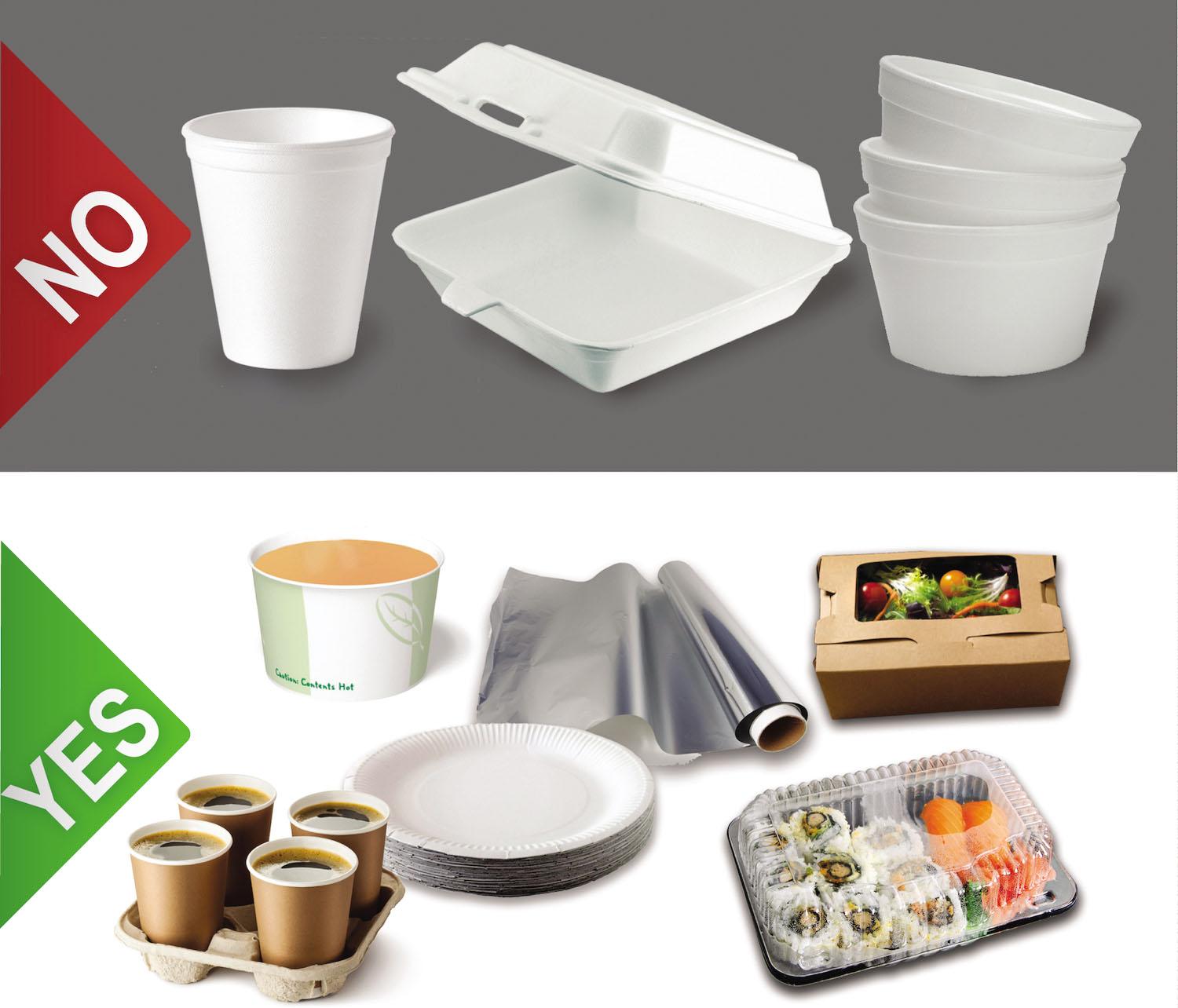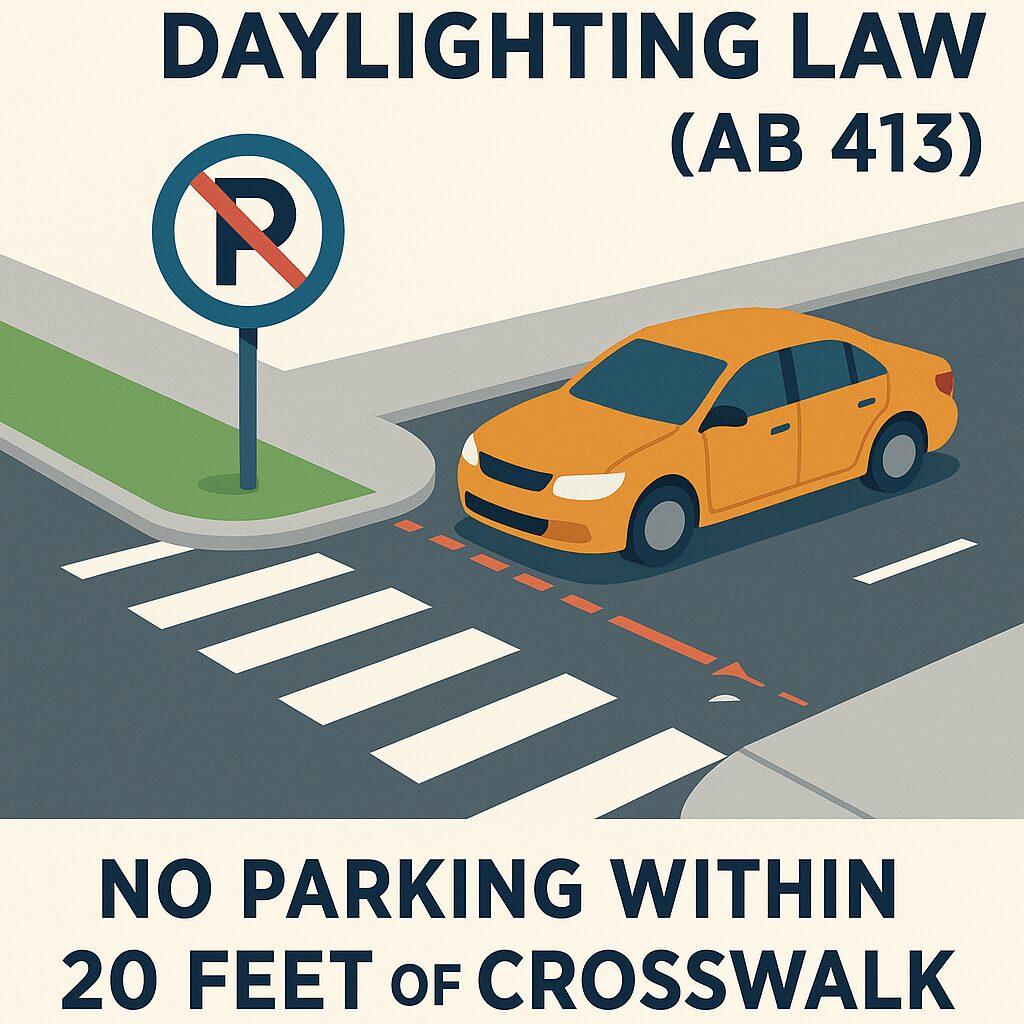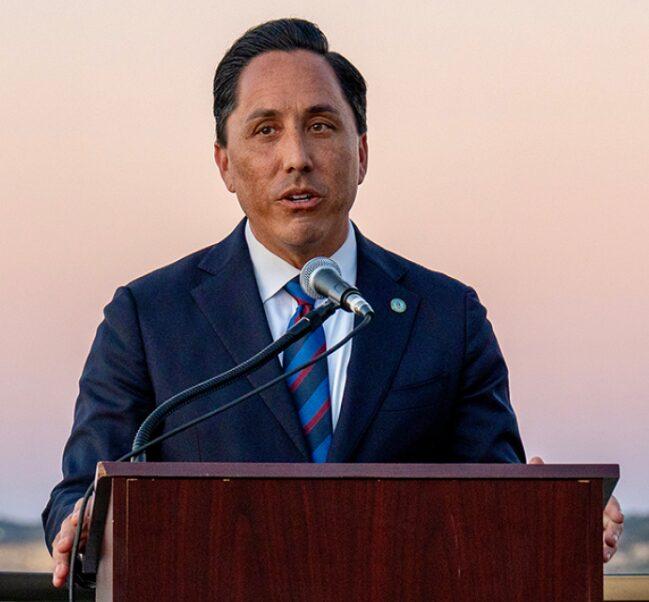
Businesses citywide are making the switch to more sustainable foodservice ware
SAN DIEGO – One year into the city’s Single Use Plastic Reduction Ordinance (SUPRO), more and more businesses are saying goodbye to polystyrene foam, also known as styrofoam, and hello to more sustainable products that make San Diego a cleaner, greener community.
In line with the city’s Zero Waste Plan and Climate Action Plan goals, SUPRO went into effect April 1, 2023, as a way to reduce the number of harmful polystyrene and single-use plastics entering the environment. The ordinance prohibits most polystyrene foam products from being sold or distributed in the City of San Diego. Items covered in the ordinance include bowls, plates, trays, cups, lids and other items designed for one-time use for dine-in, takeout and leftover meals. In addition, the following items may not be distributed if made from polystyrene foam unless encased within another material: coolers, ice chests, or similar containers; pool or beach toys; and dock floats, mooring buoys, or anchor or navigation markers.
San Diegans should also be aware that all polystyrene foam products are prohibited from city facilities, including parks and beaches. The regulation also requires that single-use plastic (and bio-plastic) utensils and straws only be given out upon request. Businesses may, however, offer these items at self-service stations.
Polystyrene foam products are typically used one time, are not easily recyclable and must be discarded in the trash. Polystyrene foam litter breaks down into small pieces, which do not biodegrade and, due to their light weight, often end up in streets, canyons, waterways, storm drains and eventually the ocean where fish, birds and other wildlife can ingest them.
Plastic straws and utensils – not accepted in local recycling programs – are also a significant contributor to marine pollution, with straws being among the most common forms of litter collected on California beaches.
At the onset of the ordinance, small businesses with a gross annual income of less than $500,000 were granted an automatic one-year waiver period. That ended on March 31, 2024, and any businesses that need more time to comply with the regulation must apply for a waiver based on financial hardship or feasibility hardship. Exemptions are available for businesses impacted by the Jan. 22, 2024 storm. Those businesses interested in applying for a waiver or exemption may email sdrecyclingworks@sandiego.gov.
For those businesses that have yet to make the switch to more sustainable materials, the city is committed to providing information and technical assistance. The city’s website at sandiego.gov/pf-ban includes several resources to help businesses comply with the ordinance, including a list of alternatives to polystyrene, video recordings of educational webinars presented by the city’s Environmental Services Department, and downloadable/printable materials that can be posted in restaurants to notify customers.
The Environmental Services Department (ESD) ensures that City of San Diego residents have a clean and safe environment. The department pursues waste management strategies that emphasize waste reduction; recycling and composting; and environmentally sound landfill management.
(City of San Diego Release) n






